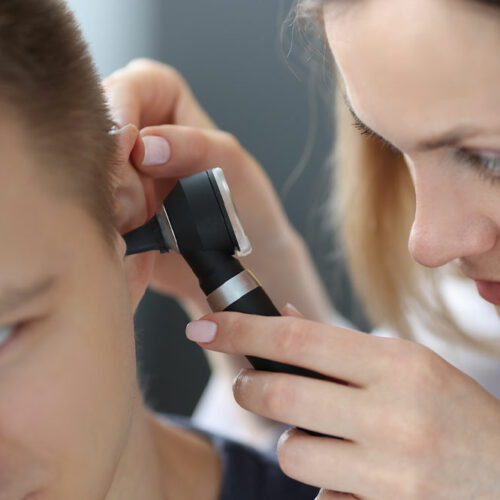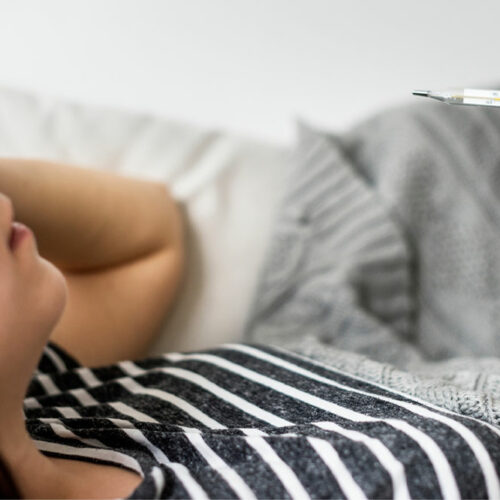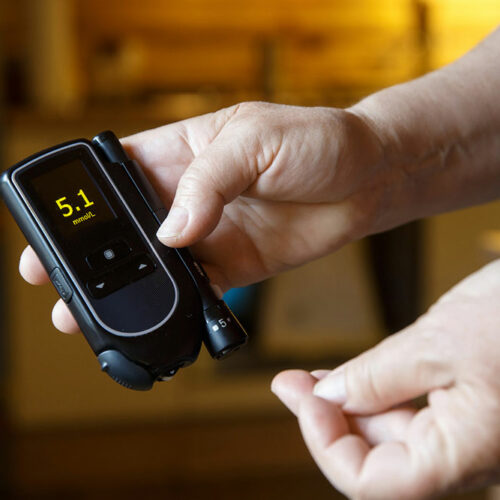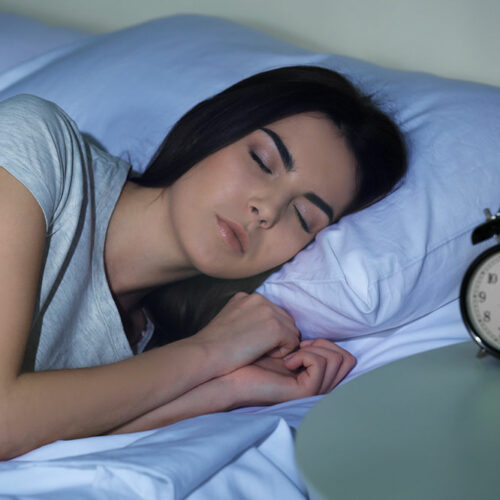12 early warning signs indicating the onset of Parkinson’s disease
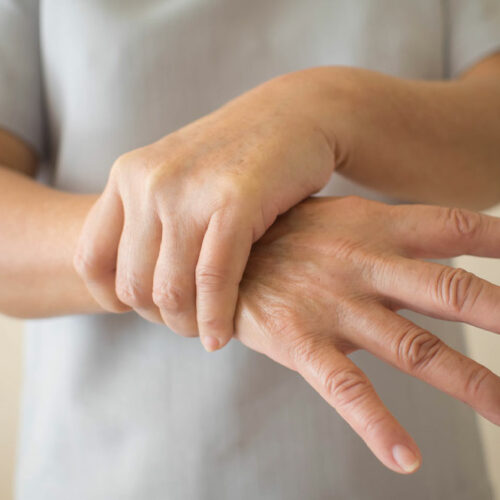
Parkinson’s disease is a disorder that gradually affects the nervous system, potentially impacting areas controlled by the nerves. The symptoms of the disease may occur gradually and may show themselves until a much later stage. But to get the most out of treatments for Parkinson’s disease, it is crucial to diagnose the condition when it just begins. Therefore, here are 12 early warning signs that could help identify the condition early and slow its progression. Tremors One may experience tremors for several reasons, including low blood sugar, stress, anxiety, and the side effects of ongoing prescriptions. However, the symptom might also be a warning sign of Parkinson’s disease. One may notice the first signs of tremors in the limbs, such as hands and fingers. A person with Parkinson’s may also rub the thumb and forefinger back and forth, known as a pill-rolling tremor. Furthermore, the symptom may stop while performing tasks but resume at rest. Bradykinesia As one ages, one’s physical abilities may decline, resulting in decreased mobility. However, individuals with Parkinson’s may also experience this condition, called bradykinesia. This may cause difficulty in performing even basic tasks and take longer than usual to complete them. Furthermore, one may notice that one’s steps become shorter while walking, and one may also drag or shuffle one’s feet while trying to walk.
